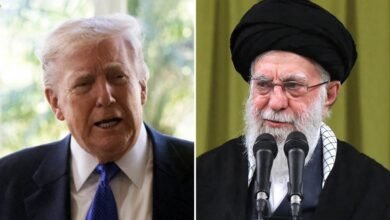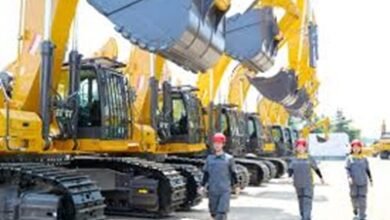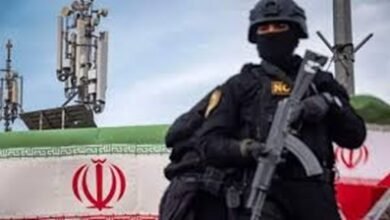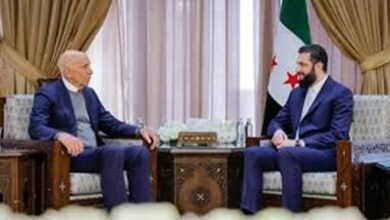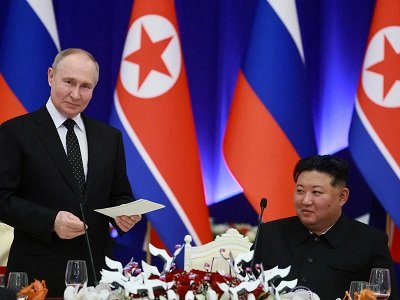
WAR-REPORT : North Korea has deployed a contingent of troops to Russia in support of Russia’s war in Ukraine —the latest development in intensified cooperation between the two countries since Russia’s full-scale invasion of Ukraine in February 2022.
The Kremlin is likely to leverage North Korean manpower to support its ongoing offensive efforts and offset requirements of Russia’s domestic force generation capacity. The impacts of the deployment of North Korean troops into the Ukrainian theater of operations extend far beyond the battlefield in Ukraine, however. Pyongyang likely hopes that North Korean military personnel will gain combat experience in the conditions of contemporary war — experience that it may hope to apply to future conflicts it may fight. The alignment between North Korea and Russia poses the distinct possibility of threatening the long-term stability of the Korean Peninsula and the broader Asia-Pacific region.

The implications of a long-term alignment between Russia and North Korea extend far beyond the battlefield in Ukraine and may have long-term impacts on the stability of the Korean Peninsula and Asia-Pacific region.
The war in Ukraine will change the character of all future wars, and Pyongyang has evidently identified this fact as a vital learning opportunity for its forces. North Korea’s military has not experienced large-scale conventional combat since 1953 and understands that its doctrine is unprepared to fight in a modern war, especially against a sophisticated adversary such as South Korea.
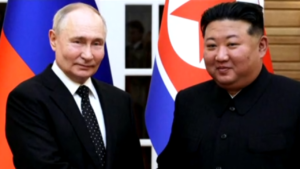
North Korea likely hopes that its forces will have the opportunity to refine offensive doctrine, test their weapons systems against a Western-provisioned adversary, gain command and control experience, and learn how to operate drones and electronic warfare (EW) systems on the modern battlefield. Pyongyang likely hopes that any skills its troops learn in the Ukraine war will give it an offensive edge in future conflicts, including on the Korean Peninsula.

The actual ability of North Korean forces to absorb, disseminate, and institutionalize lessons learned on the battlefield is entirely contingent on how the Russian command uses North Korean manpower. If Russia uses North Korean personnel as “cannon fodder,” the casualties that North Korean troops are sure to accrue will undermine whatever battlefield lessons Pyongyang hopes to learn.
North Korea may be using its increasing alignment with Russia to reduce its reliance on the People’s Republic of China (PRC), therefore reducing Beijing’s leverage over the North Korean regime. A reduction of PRC leverage over North Korea will likely reduce the stability of the Korean Peninsula and endanger the broader Asia-Pacific region, because the PRC uses its leverage to restrain North Korea’s aggression.

North Korea’s recent partnership agreement and strengthening relations with Russia may help it advance the development of its nuclear weapons program, even if Russian aid does not take the form of direct technical assistance to the program.
Pyongyang may be trying to secure Russian defense commitments in the case of a conflict on the Korean Peninsula as part of the larger quid pro quo for committing such a large contingent of North Korean troops to an entirely foreign conflict.
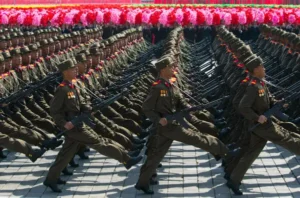
The 2024 Russia-North Korea mutual defense agreement may allow Russia to avoid committing troops to an inter-Korean war, however.
North Korea’s defense agreement with Russia increases the credibility and effectiveness of its threats and coercion toward South Korea.






